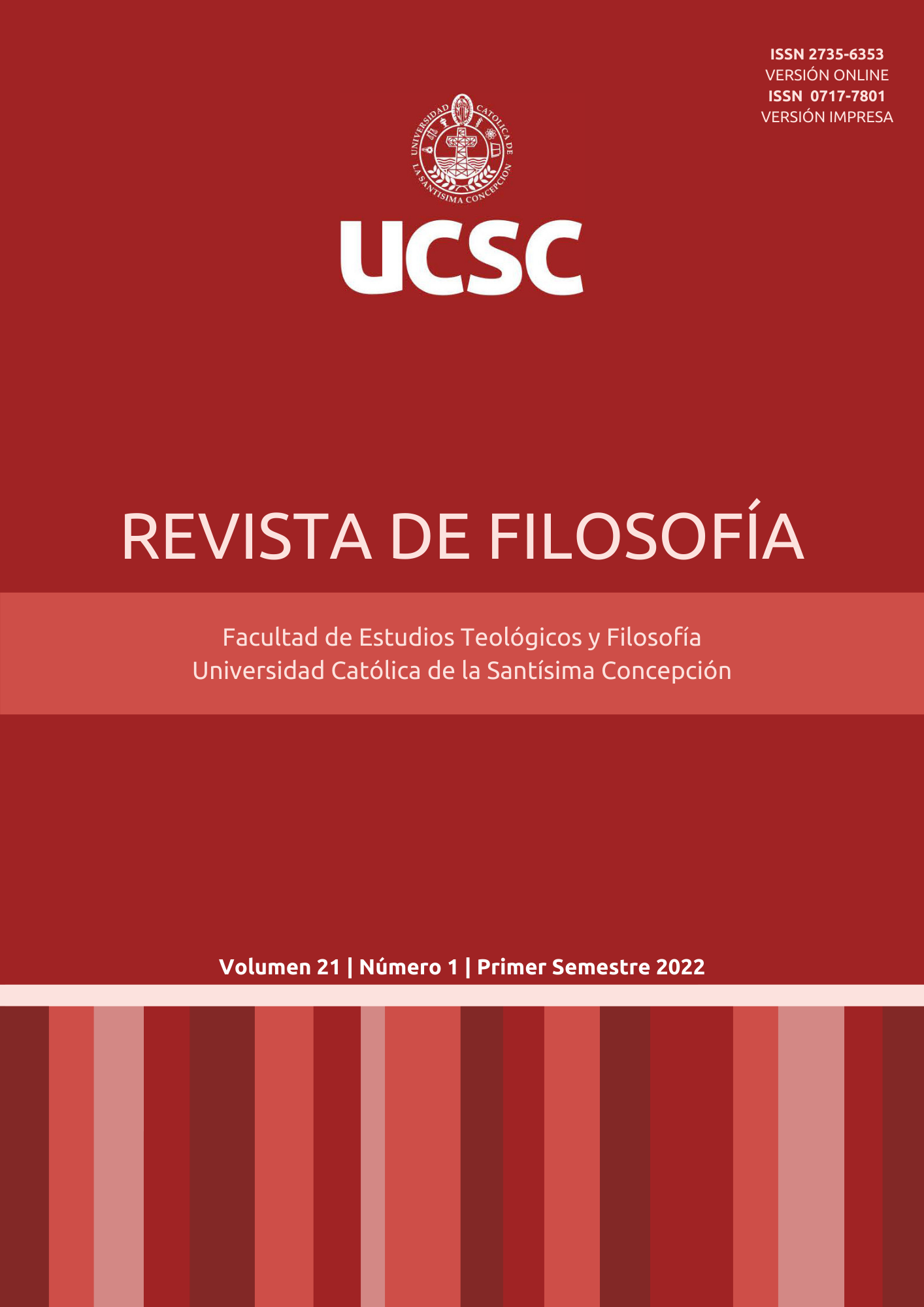Diagnosis del hombre actual: La propuesta de Zygmunt Bauman
Contenido principal del artículo
Resumen
Descripción y análisis crítico de las características principales del hombre postmoderno según Zygmunt Bauman (1925-2017). En particular, se exploran los elementos que, a la luz del pensamiento de este ensayista, sociólogo, y filósofo polaco, lo caracterizan; con ello se muestran también los supuestos filosóficos básicos a partir de los cuales lo comprende y, por ende, la necesaria relación que, en orden a lo anterior, tiene dicha noción antropológica con la realidad social. Desde esta perspectiva se analiza, además, la sociedad posmoderna entendida como una sociedad líquida, esto es, un concepto que muestra cómo la sociedad actual si bien avanza cada día hacia la globalización, las innovaciones tecnológicas, el desarrollo de nuevos modelos económicos y nuevas formas de relacionarse a nivel personal y social, en ella, no obstante, terminan debilitándose y transformándose los sólidos paradigmas y modelos tradicionales de la sociedad moderna, y en donde el hombre -a su entender- termina convirtiéndose así en víctima de sus propias decisiones, angustias, y miedos, que esta misma sociedad le presenta.
Detalles del artículo
Sección

Esta obra está bajo una licencia internacional Creative Commons Atribución-NoComercial 4.0.
La Revista de Filosofía UCSC es de acceso abierto y no cobra por publicar en ella. Además, regula su política de Derechos de Autor y de acceso a sus archivos de acuerdo con la Licencia Pública Attribution-NonCommercial 4.0 International (CC BY-NC 4.0), por tanto, se permite compartir (reproducir y distribuir el material en cualquier medio o formato) y adaptar (modificar, transformar y crear a partir del material) siempre y cuando se de crédito adecuadamente, se incluya la cita con los datos correspondientes. Además, no está permitido utilizar el material con fines lucrativos.
Cómo citar
Referencias
Aristóteles (1995). Física. Gredos.
Aristóteles (1998). Metafísica. Gredos.
Bauman, Z. (2003a). Amor Líquido. Fondo de Cultura Económica.
Bauman, Z. (2003b). Modernidad Líquida. Fondo de Cultura y Economía.
Bauman, Z. (2005). Ética Posmoderna. Siglo XXI.
Bauman, Z. (2007a). Los Retos de la Educación en la Modernidad Líquida. G.S.A.
Bauman, Z. (2007b). Tiempos Líquidos. TusQuest.
Bauman, Z. (2007c). Vida de Consumo. Fondo de Cultura y Economía.
Bauman, Z. (2008). El Arte de la Vida. Paidós.
Bauman, Z. (2009). Comunidad. Siglo XXI.
Bauman, Z. (2013a). Sobre la Educación en un Mundo Líquido. Paidós.
Bauman, Z. (2013b). La cultura en el mundo de la Modernidad Líquida. Fondo de Cultura Económica.
Bauman, Z., y Donskis, L. (2015). Ceguera Moral. La pérdida de la sensibilidad en la modernidad líquida. Paidós.
Béjar, H. (2007). Identidades Inciertas: Zygmunt Bauman. Herder.
Berman, M. (1988). Todo lo sólido se desvanece en el aire. La Experiencia de la Modernidad. Siglo XXI.
Castell, M. (2000a). La era de la Información: economía, sociedad y cultura. Vol. I. La Sociedad Real. Alianza.
Castell, M. (2000b). Globalización, Sociedad y Política. Revista Bitácora Urbano Territorial, 4 (1). https://revistas.unal.edu.co/index.php/bitacora/article/view/18812/19705
Diario ABC de España (2014). “Entrevista a Zygmunt Bauman realizada el 25 de Febrero de 2014”: La distancia entre pobres y ricos está agrandándose a un ritmo sin precedentes. Obtenido de ABC. es (25 de Febrero de 2014):




